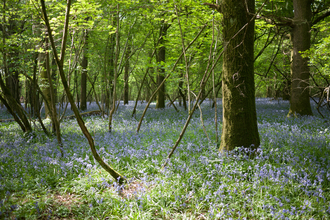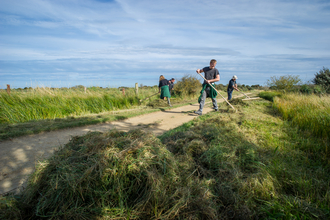
©northeastwildlife.co.uk
Common twayblade
An easily overlooked orchid, the Common twayblade is yellow-green and less showy than other UK orchids. Look for it in woodlands and grasslands on chalky soils, in particular.
Scientific name
Neottia ovataWhen to see
March to JulySpecies information
Category
Statistics
Height: up to 50cmConservation status
Common.


